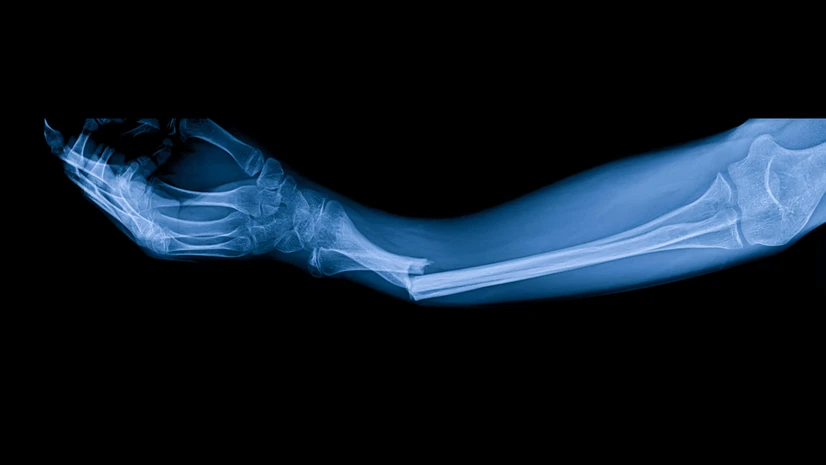ISLAMABAD: Coffee fans will be pleased to hear the news, daily consumption of coffee could guard against life-threatening liver illnesses, new research suggests, published in the journal Biochemical Pharmacology.
Earlier research has indicated a connection between coffee drinking and lower risk of liver disease. This new research takes it a step further, however, as it has identified certain compounds within coffee that benefit the liver.
What the Study Found
The scientists reviewed previously collected data from several earlier studies examining the connection between coffee intake and liver disease. They discovered that consuming two cups of coffee per day was linked with a significant decrease in risk for a number of liver diseases.
One of the most prevalent chronic liver diseases, fatty liver disease, had a 29% lower risk in people who consumed coffee’.
In addition, patients with hepatitis C who drank coffee every day demonstrated a reduced rate of liver damage progression, suggesting therapeutic effects even in the presence of the disease.
Why Coffee Is Good for the Liver
The research revealed main compounds in coffee responsible for liver health:
Coffee antioxidants combat oxidative stress, a basic mechanism of liver injury.
Coffee is anti-inflammatory, which reduces inflammation of the liver.
It also induces a healthy gut microbiota and raises metabolism, both of which are linked to improved liver function.
A Simple Habit to Keep the Liver Healthy
Regular coffee drinking may be an easy and effective daily habit to preserve liver health or even reverse current liver illness, researchers find.
ALSO READ: US Scientists develop energy-generating concrete to power homes and EVs
Although additional studies are necessary to establish optimal dosages and long-term implications, today’s findings contribute to burgeoning research indicating that coffee is more than a morning boost, it might be your best friend in safeguarding your liver.















